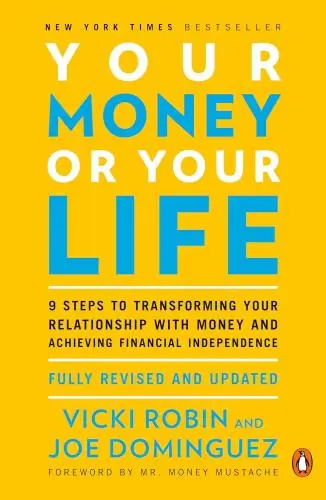Your Money or Your Life
9 Steps to Transforming Your Relationship with Money and Achieving Financial Independence
What's it about?
Your Money or Your Life is a guide that challenges you to rethink your relationship with money. It offers practical steps to achieve financial independence through mindful spending, saving, and investing. By emphasizing the importance of aligning your financial decisions with your personal values and life goals, this book teaches you how to live more purposefully and achieve true financial freedom. Prepare to transform your approach to money, discovering not just how to spend less, but how to live more.
About the Author
Vicki Robin is a financial writer and speaker best known for co-authoring "Your Money or Your Life," a seminal work on financial independence and simple living. Her approach emphasizes mindfulness in spending, environmental sustainability, and the connection between personal finance and broader societal well-being.
10 Key Ideas of Your Money or Your Life
Transform Your Relationship with Money and Achieve Financial Independence
Redefine your understanding of wealth, not as an accumulation of material possessions but as having the freedom to pursue your passions and interests without financial constraint.
This involves tracking your income and expenses meticulously, reducing unnecessary spending, and investing wisely to generate passive income.
The goal is to reach a point where your investments provide enough income to cover your living expenses, allowing you to achieve financial independence.
Learn DeeperTrack Your Spending: Start by keeping a detailed record of every penny you spend for at least a month. This will help you identify where your money is going and highlight areas where you can cut back.
Define Your Values and Align Your Spending: Reflect on what truly brings you joy and fulfillment. Then, examine your spending to see if it aligns with these values. Redirect funds from less meaningful areas to those that contribute to your happiness and well-being.
Create a Financial Independence Plan: Calculate your desired annual living expenses in retirement and aim to build an investment portfolio that can generate this amount in passive income. Use the 4% rule as a guideline, which suggests you can safely withdraw 4% of your portfolio annually without depleting it.
Invest in Low-Cost Index Funds: Start investing in a diversified portfolio of low-cost index funds. These funds typically have lower fees and outperform actively managed funds over the long term, making them a wise choice for building wealth.
Minimize Expenses: Look for ways to reduce your monthly expenses. This could involve downsizing your home, cutting unnecessary subscriptions, or finding cheaper alternatives for services and goods.
Increase Your Income: Explore ways to boost your income, whether through advancing in your current career, starting a side hustle, or investing in assets that generate passive income.
- Example
After tracking her spending for a month, Maria realized she was spending an excessive amount on dining out. She decided to allocate a portion of this budget to cooking classes, aligning her spending with her passion for cooking and saving money in the process.
- Example
John calculated that he needs a $1 million portfolio to cover his annual living expenses through passive income. He started investing a fixed amount monthly into a diversified set of low-cost index funds, aiming to build his portfolio over time while keeping investment costs low.
Calculate Your Real Hourly Wage to Make Informed Spending Decisions
Determine the true cost of working by accounting for all the time and expenses related to your job, such as commuting, work attire, and unwinding after stressful days.
Divide your annual income by the actual number of hours spent on work-related activities to find your real hourly wage.
This insight helps you assess whether your spending aligns with the value of your time and labor, encouraging more mindful consumption.
Learn DeeperTrack Your Expenses Related to Work: Start by keeping a detailed record of all your work-related expenses for a month. This includes commuting costs, work attire, lunches bought out, and any other expenses directly tied to your job.
Calculate the Time Spent on Work-Related Activities: Don't just count the hours you're at the office. Include commuting time, any extra hours spent working at home, and the time needed to unwind from work stress.
Determine Your Actual Annual Income: Take your gross income and subtract all work-related expenses. This will give you a clearer picture of what you're truly earning.
Divide to Find Your Real Hourly Wage: Using the adjusted annual income and the total number of work-related hours, calculate your real hourly wage. This figure represents what you actually earn per hour of work-related time.
Assess Your Spending in Terms of Time: Before making a purchase, consider how many hours of work it represents based on your real hourly wage. This perspective can help you decide if something is worth the cost in terms of your time and effort.
- Example
If someone earns $50,000 a year but spends $5,000 on work-related expenses and works 2,500 hours (including all work-related activities), their real hourly wage is ($50,000 - $5,000) / 2,500 = $18 per hour, not the $20 per hour they might have thought.
- Example
Consider a person contemplating a $100 purchase. If their real hourly wage is $18, they would need to work about 5.5 hours to afford this item. Knowing this, they might decide it's not worth the time and choose not to buy it.
Track Every Penny You Spend to Gain Control Over Your Finances
Keep a detailed record of all your expenditures to identify where your money goes.
This practice brings awareness to your spending habits, highlighting areas where you can cut back.
By understanding your spending patterns, you can make informed decisions that align with your financial goals and values, leading to more intentional and fulfilling use of your resources.
Learn DeeperStart a Spending Journal: Dedicate a notebook or a digital app to record every purchase you make, no matter how small. This could be as simple as jotting down the amount spent on a coffee or as significant as a monthly mortgage payment.
Review Your Expenses Regularly: Set aside time each week to go over your spending journal. Look for patterns or categories where you might be overspending. This could be dining out, online shopping, or entertainment expenses.
Set Spending Goals Based on Your Review: Once you've identified areas where you can cut back, set realistic budget goals for those categories. For example, if you're spending too much on eating out, allocate a specific budget for dining expenses and stick to it.
Track Your Progress: Keep monitoring your spending against the goals you've set. Adjust your spending habits as needed to ensure you're staying on track with your financial objectives.
- Example
If you notice you're spending $100 a week on coffee, consider reducing your coffee shop visits and brewing at home instead. This small change can save you a significant amount over time.
- Example
After tracking your expenses, you might find that you're spending a lot on streaming services. Evaluate which services you actually use and consider canceling subscriptions that you don't need, reallocating those funds towards your savings or debt repayment.
Question Each Expense by Asking 'Is This Worth My Life Energy?'
Evaluate every purchase by considering the amount of life energy (time) you spent earning the money required for it.
This perspective encourages you to assess whether each expense truly adds value to your life or if it's merely a fleeting desire.
It fosters a deeper appreciation for the finite nature of your time and promotes spending that genuinely enhances your well-being.
Learn DeeperTrack Your Spending for a Month: Start by keeping a detailed record of every penny you spend for at least one month. This will give you a clear picture of where your money is going and help you identify areas where you might be spending on things that don't truly add value to your life.
Calculate Your Real Hourly Wage: Instead of just considering your hourly wage as it appears on your paycheck, factor in the time spent on work-related activities outside of your official working hours, commuting, and any expenses related to your job. This will give you a better understanding of how much of your life energy each dollar actually costs you.
Ask Yourself Before Every Purchase: Before making any purchase, big or small, ask yourself, 'Is this worth my life energy?' Consider if this item or service truly adds value to your life or if it's something you can do without. This practice encourages mindfulness and intentional spending.
Set Up a Value-Based Budget: Create a budget that reflects your values and priorities. Allocate more resources to things that bring you genuine happiness and fulfillment, and cut back on expenses that don't align with your personal values or long-term goals.
Regularly Review Your Expenses: Make it a habit to regularly review your expenses and evaluate whether they were worth the life energy spent. This ongoing process will help you refine your spending habits and make more conscious choices over time.
- Example
If you earn $20 an hour and are considering buying a $60 video game, calculate the real cost in terms of life energy. If your real hourly wage, after accounting for taxes, commute, and other job-related expenses, is closer to $15, then the game actually costs you four hours of your life. Ask yourself if the enjoyment you'll get from the game is worth those four hours.
- Example
Imagine you're eyeing a $5 daily coffee from your favorite café. Over a month, this habit amounts to about $150. If your adjusted hourly wage is $15 after considering all work-related costs, you're spending 10 hours of your life energy each month on coffee. Reflect on whether the pleasure and convenience from these coffee runs are worth 10 hours of your work life, or if there might be a more fulfilling way to spend that time and money.
Achieve Financial Independence Through Frugality and Intelligent Investment
Adopt a frugal lifestyle to reduce your monthly expenses, thereby decreasing the amount of money you need to live comfortably.
Invest the savings wisely in assets that generate passive income, such as stocks, bonds, or real estate.
Over time, these investments can grow to support your living expenses, granting you the freedom to live without relying on a traditional job.
Learn DeeperTrack Your Spending: For one month, write down every penny you spend. This will help you identify where your money is going and where you can cut back.
Create a Budget: Based on your spending habits, create a budget that allocates funds for necessities, savings, and a few wants. Stick to this budget to control your spending.
Eliminate Unnecessary Expenses: Review your monthly subscriptions and recurring expenses. Cancel anything you don't use regularly or find less expensive alternatives.
Start an Emergency Fund: Aim to save at least three to six months' worth of living expenses. This fund will protect you from unexpected costs without derailing your financial goals.
Invest in Low-Cost Index Funds: Begin investing a portion of your savings into low-cost index funds. These funds are a great way to diversify your investments and have historically provided solid returns over the long term.
Learn About Real Estate Investing: If you're interested in real estate, start by educating yourself on the basics. Consider investing in a rental property or a real estate investment trust (REIT) as a way to generate passive income.
- Example
After tracking her spending, Emily realized she was spending $200 a month on coffee and lunches out. By preparing coffee and meals at home, she was able to save $150 a month, which she then directed into her emergency fund.
- Example
John discovered he was paying for several streaming services he rarely used. After canceling two subscriptions, he saved $30 a month, which he started investing in a low-cost index fund.
Deeper knowledge. Personal growth. Unlocked.
Unlock this book's key ideas and 15M+ more. Learn with quick, impactful summaries.
Read Full SummarySign up and read for free!
Your Money or Your Life Summary: Common Questions
"The premise of Your Money or Your Life is that money is something we 'exchange our life energy for', meaning we should be conscious of how we spend it. Vicki Robin's emphasis on transforming our relationship with money through mindful spending and investing is truly thought-provoking. The steps outlined in the book, such as calculating your real hourly wage and tracking every expense, were eye-opening and made me reevaluate my own financial choices."
The chapters on financial independence and redefining the concept of "enough" were particularly powerful. However, some sections, like the investment advice, felt a bit outdated and could benefit from more current insights. Despite this, the overall message of shifting towards a more purposeful and sustainable approach to money shines through in a compelling way.
If you're looking to gain a fresh perspective on your finances and prioritize what truly matters in life, Your Money or Your Life is a must-read that will challenge you to reexamine your values and redefine your relationship with money.
Experience Personalized Book Summaries, Today!
Discover a new way to gain knowledge, and save time.
Sign up for our 7-day trial now.
No Credit Card Needed

Similar Books

Forex Trading QuickStart Guide
Troy Noonan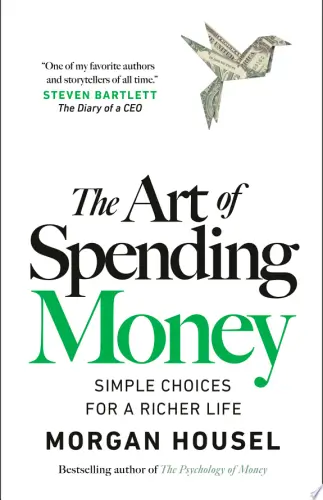
The Art of Spending Money
Morgan Housel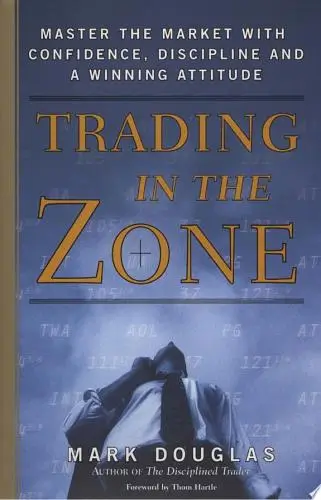
Trading in the Zone
Mark Douglas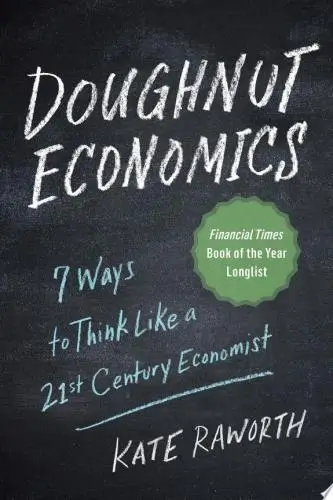
Doughnut Economics
Kate Raworth
A study guide for Barbara Ehrenreich's "Nickel and Dimed: On (Not) Getting By in America"
Gale, Cengage Learning
Bitcoin For Dummies
Prypto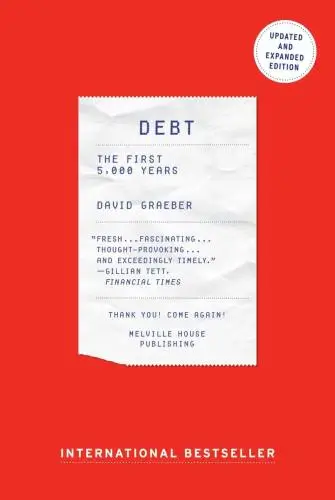
Debt
David Graeber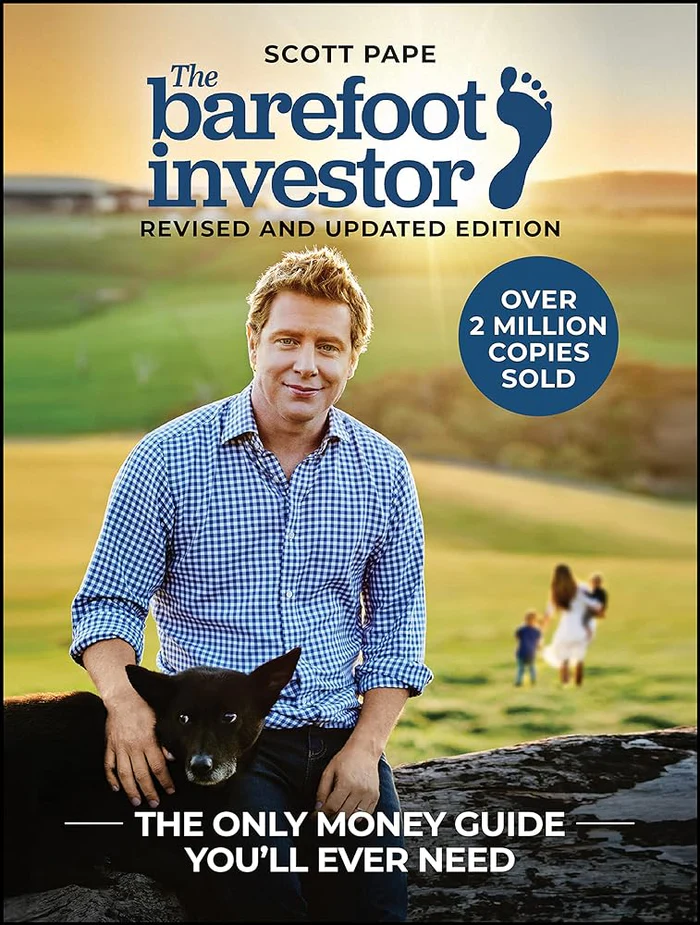
The Barefoot Investor
Scott Pape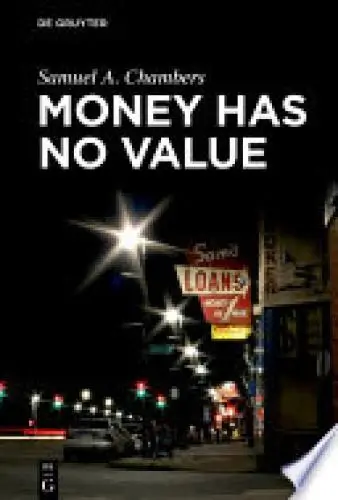
Money Has No Value
Samuel A. Chambers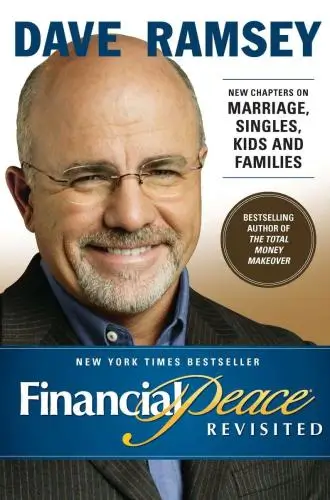
Financial Peace
Dave RamseyTrending Summaries

Peak
Anders Ericsson
Never Split the Difference
Chris Voss
Smart Brevity
Jim VandeHei
The Psychology of Money
Morgan Housel
The First 90 Days
Michael D. Watkins
Atomic Habits
James Clear
Thinking, Fast and Slow
Daniel Kahneman
The Body Keeps the Score
Bessel van der Kolk M.D.
The Power of Regret
Daniel H. Pink
The Compound Effect
Darren HardyNew Books

Forex Trading QuickStart Guide
Troy Noonan
Comprehensive Casebook of Cognitive Therapy
Frank M. Dattilio
The White Night of St. Petersburg
Michel (Prince of Greece)
Demystifying Climate Models
Andrew Gettelman
The Hobbit
J.R.R. Tolkien
The Decision Book
Mikael Krogerus
The Decision Book: 50 Models for Strategic Thinking
Mikael Krogerus
Fichte
Johann Gottlieb Fichte
Do No Harm
Henry Marsh
